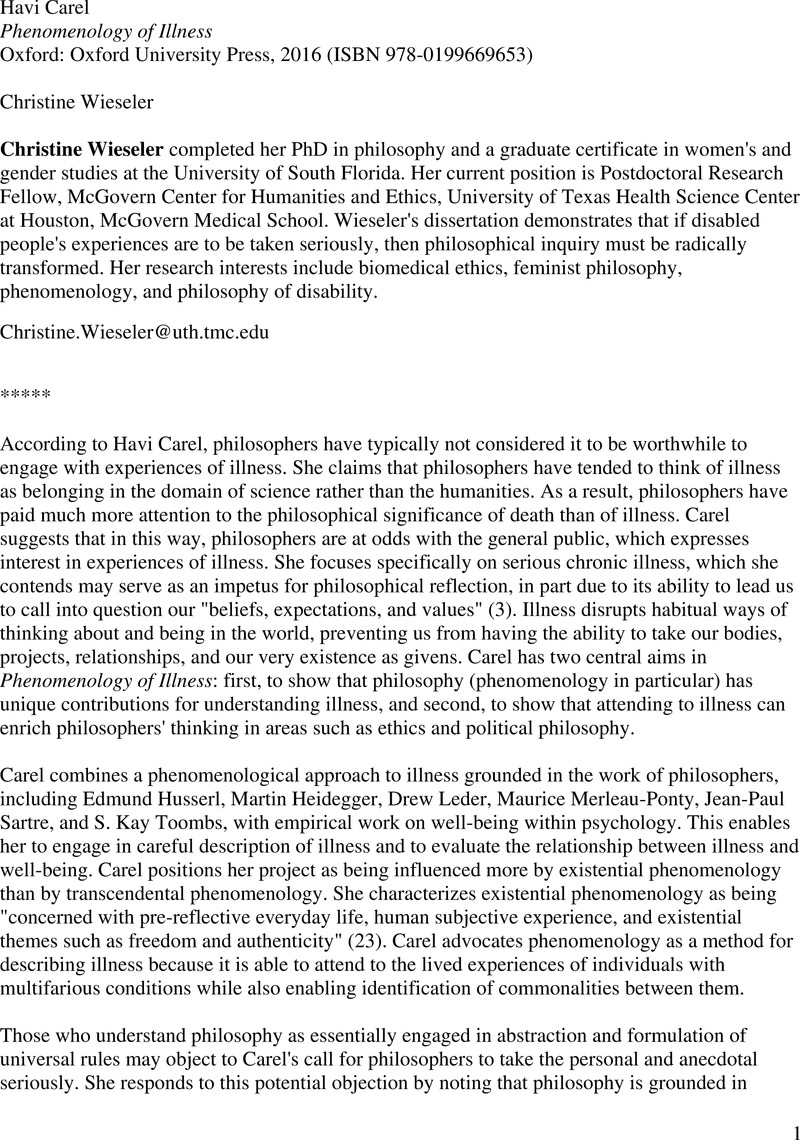Crossref Citations
This article has been cited by the following publications. This list is generated based on data provided by Crossref.
Gallarín, Consuelo García
2017.
Deonomástica hispánica. Un acercamiento metodológico.
Bulletin of Hispanic Studies,
Vol. 94,
Issue. 10,
p.
1045.
George, Thomas
Dutta, Achyut K.
Islam, M. Saif
and
Heun, Ulrich
2017.
IT-security challenges in IoT environments and autonomous systems.
Vol. 10194,
Issue. ,
p.
1019424.
Tyurneva, Tatiana
Shchurik, Natalia
Evseeva, Galina
Krapivkina, Olga
Cindori, S.
Larouk, O.
Malushko, E.Yu.
Rebrina, L.N.
and
Shamne, N.L.
2018.
Dialectics of Mental Entities: Notion vs Term.
SHS Web of Conferences,
Vol. 50,
Issue. ,
p.
01191.
Pitts, Andrea J.
2018.
Examining Carceral Medicine through Critical Phenomenology.
IJFAB: International Journal of Feminist Approaches to Bioethics,
Vol. 11,
Issue. 2,
p.
14.
2021.
Isis Current Bibliography of the History of Science and Its Cultural Influences 2021.
Isis,
Vol. 112,
Issue. S1,
p.
1.
Trisno, Brian
Vidayana
Mursitama, T.N.
Noerlina
Utama, D.N.
and
Abrori, S.A.
2023.
Understanding herding behavior among Indonesian stock market investors.
E3S Web of Conferences,
Vol. 426,
Issue. ,
p.
01088.





